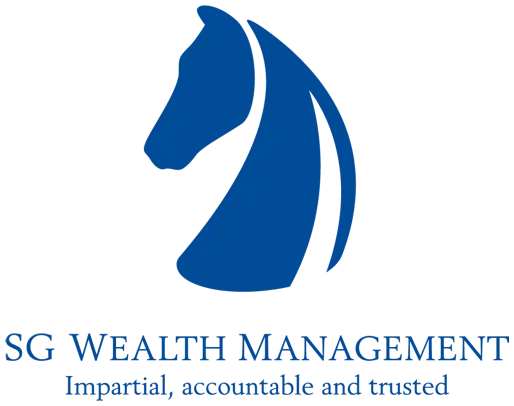In these unprecedented times some business owners are searching for ways to raise capital to cover potential short term cashflow requirements until business operations can get back up and running normally.
The government have provided access to different schemes, either directly or indirectly through banks, but some business owners may not be aware of the potential to take advantage of a loanback facility from pensions using Small Self Administered Schemes (SSAS).
Even if an employer does not have a SSAS set up but has pension schemes currently in place they can be converted into a SSAS to take advantage of this option, and include other Directors pensions to increase the potential loan amount, if appropriate. The SSAS can then make a loan back to the sponsoring employer (at competitive rates) to help with business purposes, as long as security is provided and other criteria are met. See below for more information:
The Loan
The Loan must satisfy the current HMRC rules and regulations.
- The Trustees can invest in total a maximum of 50% of the Scheme’s fund in loans where the loans are to a Sponsoring Employer (connected transaction).
- The Scheme’s fund is calculated as being the amount of cash sums held and the net market value of the assets immediately before the loan is made.
- In all cases any existing borrowing or debts will be excluded from calculating the value of the Scheme’s fund.
Security
- Where the loan is to a Sponsoring Employer the amount of the loan must be secured with a first charge on any assets either owned by a Sponsoring Employer or any other person which is of at least equal value to the face value of the loan including interest. There must be no other charge, including floating charges, on the asset(s) that takes priority over the charge given to the Trustees.
- If the asset(s) being used to provide the security is replaced by other asset(s) the value must be equal to the lower of:-
- The market value of the asset(s) it has replaced
- The amount of the loan outstanding (including interest)
- A current valuation of the asset(s) to be used as security prepared by a qualified individual is required to verify that the asset(s) provides the required level of security as set out in HMRC regulations.
- Funds cannot be advanced until the security has been agreed and executed.
Purpose
- The Borrower must use the borrowed money for a business purpose to benefit the Borrower’s trade or profession.
- The Borrower may be asked by HMRC to produce receipts or other evidence to demonstrate how the funds have been used.
Term
- Where the loan is to a Sponsoring Employer it must be for a fixed term not exceeding 5 years and be consistent with the purpose of the loan.
Interest
Where a loan is to a Sponsoring Employer the minimum interest rate is decided by HMRC and is currently prescribed as 1% above the average clearing bank base rate for six nominated High Street Banks rounded up to the nearest 0.25%.
This rate will be calculated at the reference date in accordance with HMRC’s prescribed Interest Rates for Authorised Employer Loans Regulations http://www.hmrc.gov.uk/rates/interest-ctsa.htm (please note that rates shown are already 1% above base). The rate applicable can only be determined once the monies are drawn down, but currently the minimum rate is 1.1%.
Loan Payments
- Capital and interest payments must be in equal instalments and made when due either quarterly or annually by standing order into a Trustee bank account
- If any payment is not made in accordance with the terms of the loan agreement the Scheme Administrator will be required to inform HMRC that an unauthorised payment has occurred
Loan Documentation
- Any documentary evidence of the loan must make provision for the loan to be repaid immediately in certain circumstances, eg where the Borrower is in breach of the Conditions of the Agreement or where pension benefits/transfer values need to be paid.
Due Diligence
- The SSAS administrator will be required to undertake satisfactory due diligence on the above and other eligibility criteria before any loan can be arranged.
Costs
- As this is feature is not typically used regularly by schemes, it tends to attract additional SSAS administration fees of c£500-£1,000 for arranging the loan and performing all the due diligence checks
- In addition, a formal loan agreement will need to be drawn up by a solicitor which can typically add a further similar amount of cost.
- Valuation fees may also be payable to formally value the security for the loan.
- SSAS set up and advice fees would be payable if a SSAS is not already in existence.
With more of our business owners enquiring about this facility, we expect
the option to become more popular over the next few months. However,
this is a complex area that is not suitable for everyone. You should not take action on the basis of this article alone as it does require specialised financial advice to understand if right for your circumstances and to set up.
If this is something that you believe may be of interest then please do not hesitate to contact your Wealth Manager, or for all new enquiries please contact us at hello@sgwealthmanagement.co.uk or call on 01603 760866


